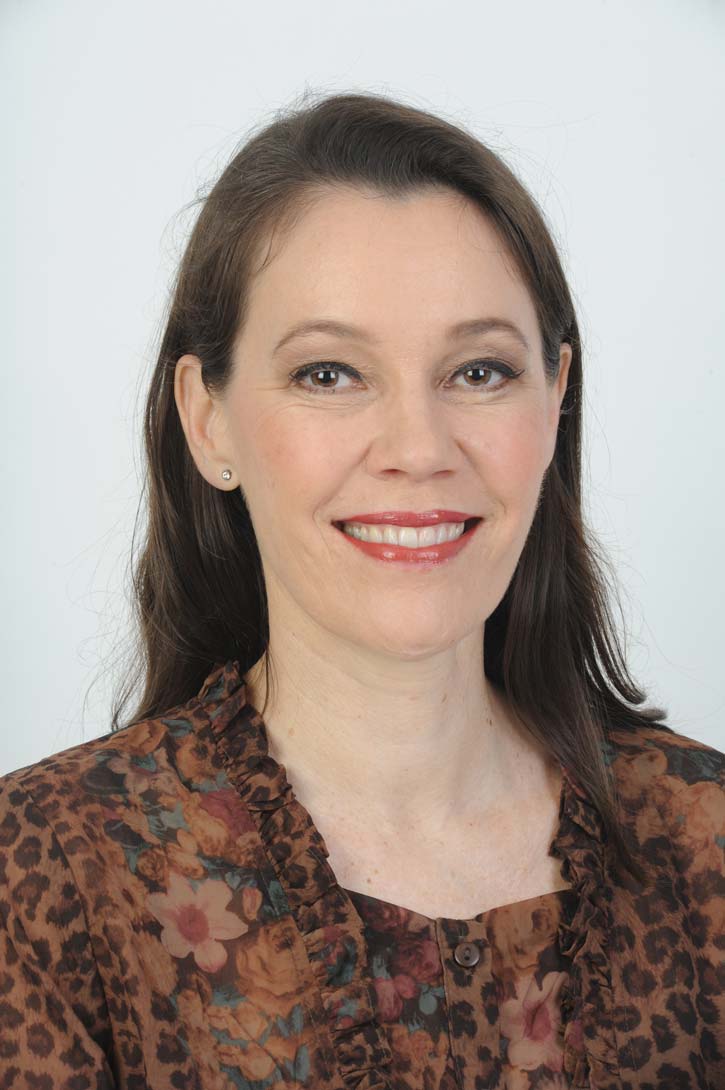The rise of customer centricity and lifestyle financial planning
Financial advisers and intermediaries continue to face mounting pressure from regulators, industry disrupters and new-age consumers to define their value proposition better and prove that this proposition can be successfully delivered.
According to Lizl Budhram, Head of Advice at Old Mutual Personal Finance, this compounding pressure to create tangible value for customers in an increasingly complex and tightly-regulated financial planning landscape calls for intuitive, case-specific advice and lifestyle financial planning.
“The industry as a whole is transitioning away from being product-focused towards a more customer-centric approach. This is no longer just words. For advisers to win they have to put the customer at the centre of financial planning. For many advisers, this transition will require a paradigm shift, as increasingly more focus will be placed on the value of the personalised financial advice they dispense to customers, rather than the selling of generic financial solutions.
“This means that financial advisers will no longer have one value proposition, but rather individually tailored value propositions that are right for each of their customers,” says Budhram.
She goes on to say that the future-fit model of lifestyle financial planning therefore requires that an adviser has a deep understanding of more than just a customer’s current financial situation. “By placing the customer at the very centre of the process, lifestyle financial planning delves into their hopes, fears, goals and vision for the future, incorporating both their current and desired lifestyle.
“Essentially, with lifestyle financial planning, the aim is to help the customer build a plan to bridge the gap between where they are now and where they want to be, with as much certainty as possible, which requires an adviser to have a deep understanding of the customer,” she explains.
In this sense, Budhram believes that holistic advice, distributed through relevant mediums, and based on a solid partnership with the customer is the very core of lifestyle financial planning. “With a full understanding of the customer’s circumstances and priorities, an adviser is able to provide them with advice that is tailored to suit their specific lifestyle goals so that together, they can develop a strategy for achieving these goals.
“To do this, the advice needs to be made available via the customer’s preferred channel of communication, take into account their holistic financial wellbeing and be authentic,” she adds. “This tailored approach is particularly relevant with regards to connecting with new-age consumers, like millennials, who are more comfortable using and communicating over digital platforms.”
This is where Budhram believes tools like Moneyversity and Old Mutual Rewards can play a key role in the financial advice process. “Moneyversity is essentially a one-stop destination for consumers seeking to understand and manage their personal finances better, while Old Mutual Rewards is the only free programme in the industry that provides real value and helps customers reach their financial goals and build healthy financial behaviours. Both of these online tools are at the disposal of all Old Mutual advisers and can do a great deal in creating tangible, long-term value for customers in an increasingly technology-driven environment.
“In addition to the value add for customers, online tools such as these make lifestyle financial planning less of an admin-intensive process for advisers by using technology to effectively access, manage and deliver the right information to the right customers. What will take time is fostering the relationship which may be the most valuable and rewarding investment to make in the long run,” she concludes.

